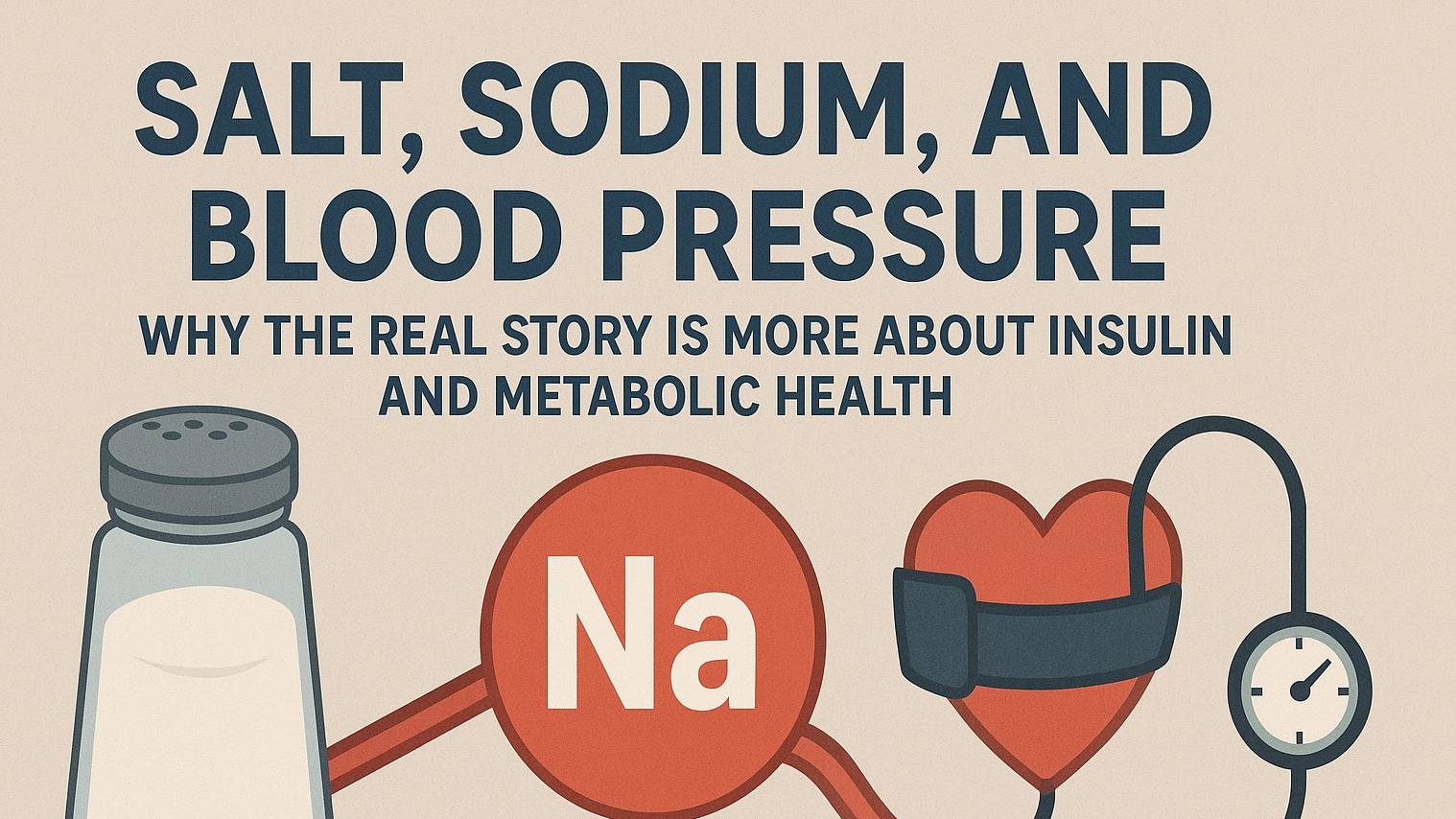
The relationship between our gut health and hormonal balance is a dynamic and complex system that influences multiple aspects of our well-being. This bidirectional connection means that hormones affect how our gut functions, and in turn, the bacteria in our gut (the gut microbiota) influence hormone levels. When this delicate balance is disrupted, it can lead to a range of health issues, including digestive disorders, metabolic diseases, mood disturbances, and immune dysfunction.
Understanding how our gut microbiota gets out of balance, what symptoms to look for, and how to restore optimal gut health can provide valuable insights into improving hormonal function and overall health.
How Gut Health Becomes Imbalanced
Several factors can contribute to gut dysbiosis (an imbalance of gut bacteria), leading to improper digestion, nutrient deficiencies, and hormonal disruptions. The most common culprits include:
1. Highly Processed Foods
Diets high in refined sugars, artificial additives, and unhealthy fats can damage the gut microbiota. Processed foods often lack fiber, which beneficial gut bacteria need to thrive. Instead, they promote the growth of harmful bacteria and inflammatory compounds that can trigger gut permeability ("leaky gut").
Symptoms of Gut Imbalance Due to Processed Foods: Bloating, gas, fatigue, brain fog, and increased cravings for sugary foods.
How to Fix It: Replace processed foods with whole, fiber-rich options like vegetables, legumes, whole grains, and healthy fats such as avocado and olive oil.
2. Antibiotics and Other Medications
While antibiotics are essential for fighting infections, they also kill off beneficial gut bacteria, leading to microbial imbalances. Other medications, including nonsteroidal anti-inflammatory drugs (NSAIDs), proton pump inhibitors (PPIs), and steroids, can also disrupt the gut microbiota.
Symptoms of Gut Damage from Medications: Frequent diarrhea, weakened immune function, and recurring infections.
How to Fix It: After a course of antibiotics, focus on replenishing good bacteria with probiotic-rich foods such as yogurt, kimchi, and sauerkraut. Consider taking a high-quality probiotic supplement as well.
3. Oral Contraceptives (The Pill)
Oral contraceptives can influence gut health by altering estrogen metabolism and affecting microbiota diversity. Some studies suggest a link between long-term contraceptive use and an increased risk of inflammatory bowel diseases (IBD).
Symptoms of Gut Issues Due to The Pill: Irregular digestion, bloating, hormonal imbalances (such as irregular periods or mood swings).
How to Fix It: If you experience symptoms, talk to your healthcare provider about alternative birth control options. Support gut health with prebiotic and probiotic foods, and consume fiber-rich foods to promote bacterial diversity.
Impact of Gut Health on Hormonal Balance
A disrupted gut microbiota can interfere with hormone production and regulation, leading to various health conditions. Two of the most well-researched gut-related hormonal imbalances are:
1. Polycystic Ovary Syndrome (PCOS)
PCOS is a common endocrine disorder affecting women of reproductive age, characterized by high androgen levels, insulin resistance, and irregular menstrual cycles. Research indicates that women with PCOS often have altered gut microbiota, contributing to inflammation and metabolic dysfunction.
Why It Happens: An imbalanced gut microbiome can increase intestinal permeability, allowing inflammatory compounds to enter the bloodstream and disrupt insulin signaling and hormone regulation.
Symptoms of PCOS: Irregular or absent periods, acne, excessive hair growth (hirsutism), weight gain, and infertility.
How to Treat It: Focus on a gut-friendly diet with fiber-rich, anti-inflammatory foods. Incorporate fermented foods, healthy fats, and reduce sugar intake to balance blood sugar levels.
2. Thyroid Disorders
The thyroid gland plays a key role in regulating metabolism, and its function is closely linked to gut health. The gut microbiota affects how thyroid hormones are converted into their active forms, and dysbiosis can contribute to autoimmune thyroid diseases like Hashimoto’s thyroiditis.
Why It Happens: Poor gut health leads to impaired nutrient absorption, particularly iodine, selenium, and zinc, which are crucial for thyroid hormone production.
Symptoms of Thyroid Imbalance: Fatigue, unexplained weight gain, hair thinning, cold intolerance, constipation.
How to Treat It: Support gut health by consuming iodine-rich foods (seaweed, fish), probiotic foods, and anti-inflammatory herbs such as turmeric.
Best Foods for Gut Bacteria and Hormone Balance
Incorporating specific gut-friendly foods into your diet can help restore microbial diversity and improve hormonal regulation:
1. Jerusalem Artichokes
These root vegetables are rich in inulin, a type of prebiotic fiber that feeds beneficial gut bacteria.
Benefits: Promotes gut microbial diversity, enhances mineral absorption for hormone production.
2. Green Bananas
Unripe bananas contain resistant starch, which functions as a prebiotic to support gut bacteria.
Benefits: Reduces inflammation, improves digestion, and stabilizes blood sugar levels.
3. Cruciferous Vegetables (Broccoli, Kale, Cabbage)
These vegetables contain glucosinolates, which support detoxification pathways and estrogen metabolism.
Benefits: Reduces inflammation, supports estrogen balance, lowers risk of hormone-related cancers.
4. Blueberries
Rich in polyphenols and antioxidants, blueberries enhance gut microbiota diversity.
Benefits: Supports immune function, reduces oxidative stress, and helps regulate blood sugar.
5. Legumes (Beans, Lentils, Chickpeas)
Legumes are high in fiber, which feeds good gut bacteria and promotes the production of short-chain fatty acids (SCFAs).
Benefits: Improves digestion, stabilizes insulin levels, and supports estrogen metabolism.
6. Fermented Plant-Based Foods (Tempeh, Miso, Sauerkraut, Kimchi)
These foods are rich in probiotics, which help replenish beneficial gut bacteria.
Benefits: Strengthens gut barrier function, enhances nutrient absorption, and supports immune health.
Conclusion
The gut-hormone connection is undeniable, and maintaining a healthy gut microbiota is key to regulating hormone levels and preventing chronic health conditions. By avoiding gut-disrupting factors such as processed foods, antibiotics overuse, and hormonal contraceptives while incorporating gut-friendly foods, you can foster a balanced microbiome and achieve better overall health. Small dietary and lifestyle changes can make a significant impact, leading to improved digestion, stable hormone levels, and enhanced well-being.
If you suspect gut-related hormonal imbalances, consider consulting a functional medicine practitioner to explore personalized solutions for restoring gut and hormone health.
 Add Row
Add Row  Add
Add 










Write A Comment